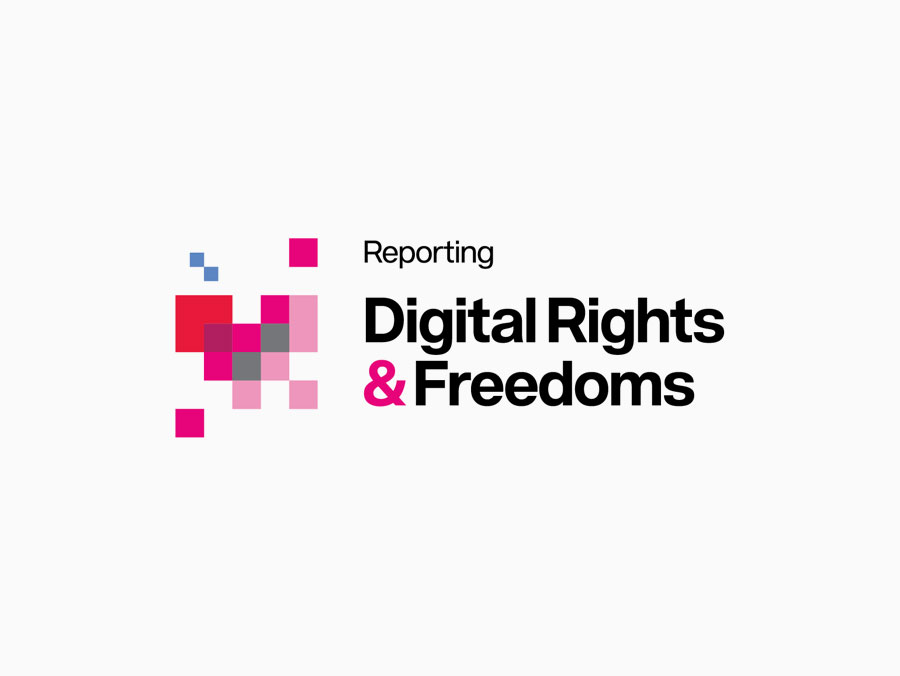The Balkan Investigative Reporting Network, BIRN is seeking applications from Visegrad and Balkan newsrooms for Audience-Engaged Journalism Grants, a programme designed to support journalists in ten European countries who want to create next-level investigative reports by engaging with their audiences through an innovative digital tool.
Audience-Engaged Journalism Grants offer funding, training and mentoring for ten (10) media outlets in: Albania, Bosnia and Herzegovina, the Czech Republic, Hungary, Kosovo, Montenegro, North Macedonia, Poland, Serbia and Slovakia.
Audience-Engaged Journalism Grants are part of the Media Innovation Europe project led by the Vienna-based International Press Institute (IPI), along with Thomson Media (TM) in Berlin, the Media Development Foundation (MDF) in Kyiv, and the Balkan Investigative Reporting Network (BIRN) in Sarajevo.
With this programme, BIRN aims to support media outlets in producing impactful, audience-engaged stories that address pressing issues facing their communities. Successful applicants will be provided with the necessary resources to create individual or cross-border audience-engaged stories.
Grants offered?
BIRN will award €4,000 to two (2) successful applicants interested in producing individual audience-engaged investigative stories.
BIRN will grant €5,000 to eight (8) successful applicants interested in producing a cross-border audience-engaged story. In situations in which a media outlet already has a media partner for a cross-border story, they may apply together for a grant of €10,000 to cover expenses for both parties.
BIRN encourages participants to collaborate and share knowledge to create compelling stories that are relevant and impactful for their audiences. The Audience-Engaged Journalism Grants foster a collaborative environment in which media outlets can come together to share their proficiency and expertise. By working together, media outlets not only enhance their reporting capabilities but also increase their reach and impact.
Who will be supported?
Audience-Engaged Journalism Grants support media outlets that want to engage their audiences in reporting by providing them with training and mentorship in engagement journalism and usage of the Audience-Engaged Tool developed by BIRN.
The Audience-Engaged Tool is an innovative platform which harnesses the power of crowdsourcing to uncover crucial information and untold stories. The online tool enables the direct engagement of many citizens interested in sharing information and evidence related to issues they are facing.
In a four-day online training course, the participating media outlets will learn how to use the tool to produce engaging and investigative reports, how to select engaging topics, how to develop a callout, how to analyse crowdsourced data, how to incorporate data into stories and how to shape their story proposal according to audience-engaged journalism.
All participants will gain access to the tool and have a mentor assigned to lead them through the project.
How to apply?
Send us a story proposal in application form before June 30, 2023, following this link.
Before submitting an application, don’t forget to read important information in the Call for Application.
If you have any questions, feel free to register and join one of our info sessions:
- Information session 15 May 2023 at 15:00 (CET), register HERE.
- Information session 13 June 2023 at 10:00 (CET), register HERE.
More questions?
Write to the project coordinator at [email protected].
Follow BIRN on Facebook and Twitter.
Co-funded by the European Union. Views and opinions expressed are however those of the author(s) only and do not necessarily reflect those of the European Union or European Commision. Neither the European Union nor the granting authority can be held responsible for them.











